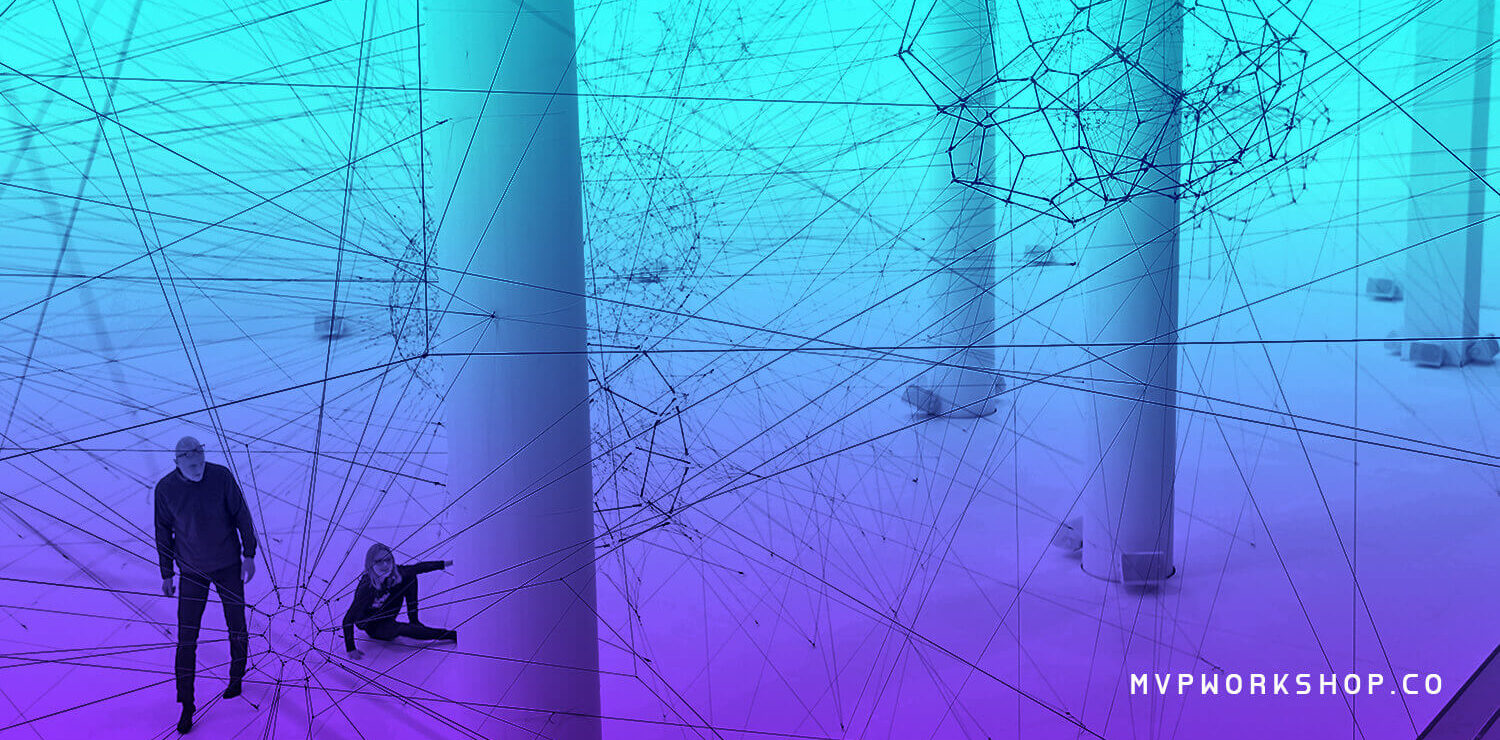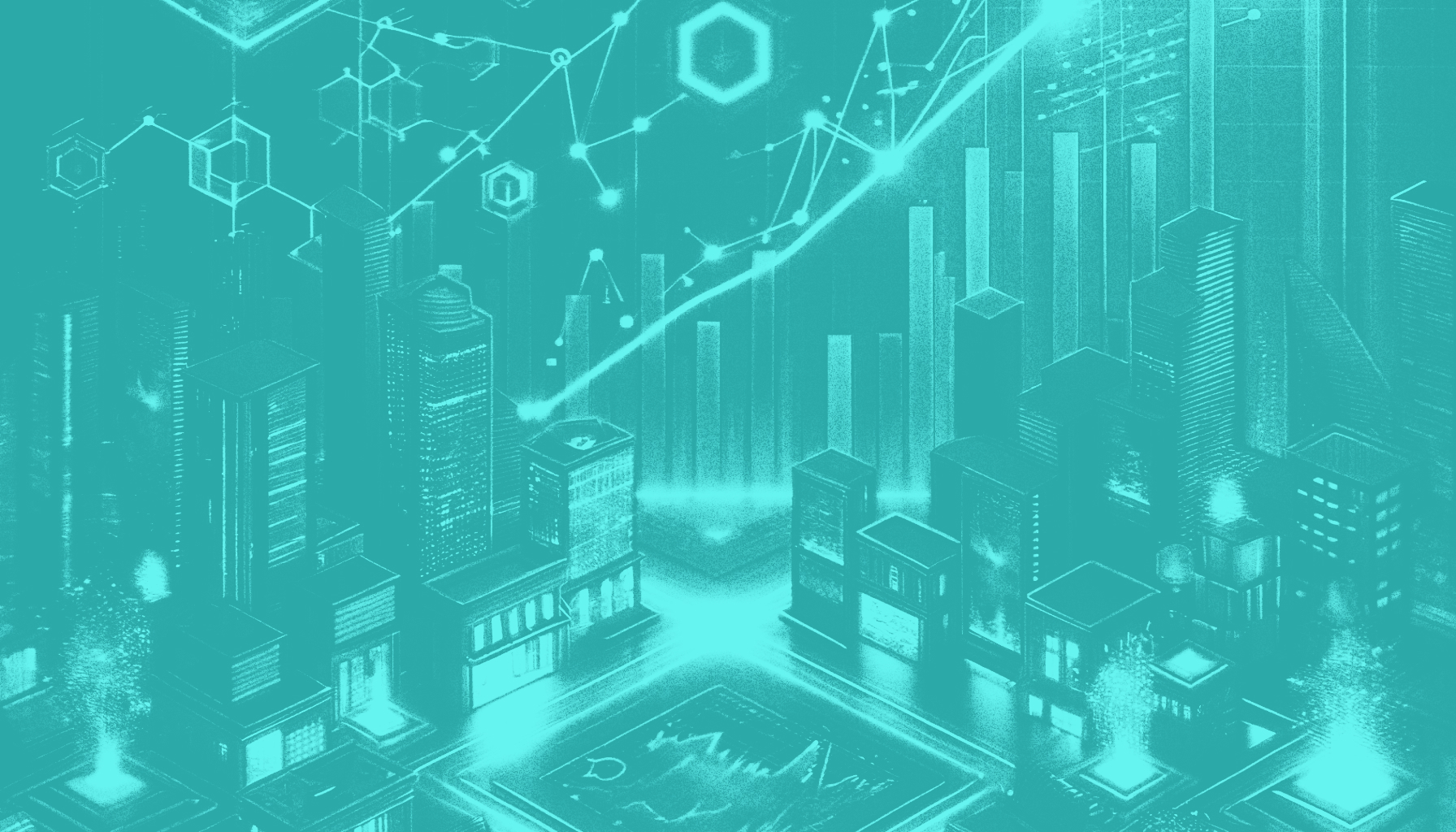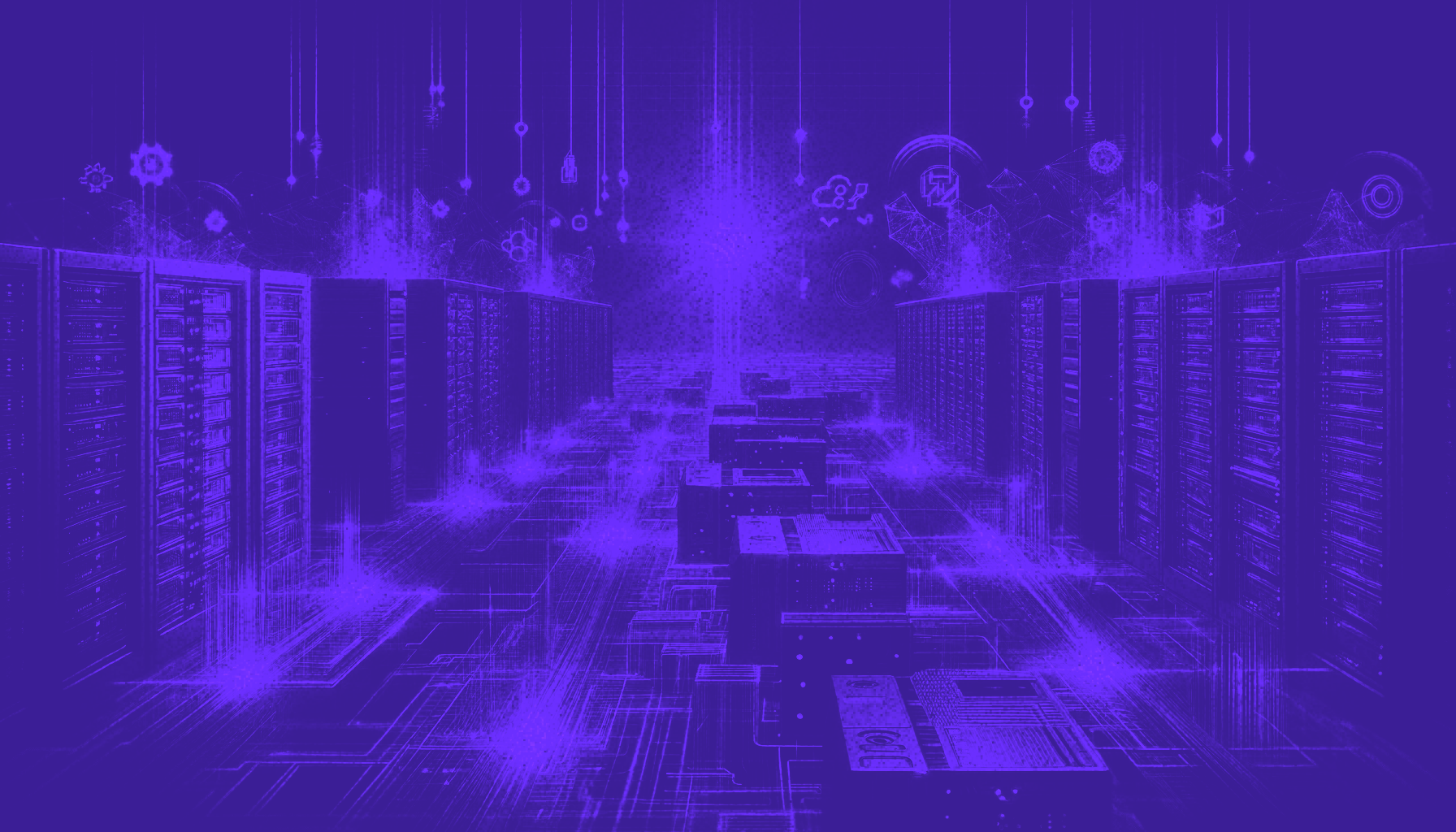The blockchain industry has been very active lately, which has resulted in numerous important announcements, launches, breakthroughs and more.
The Token Taxonomy Initiative is taking bold steps forward in defining tokens, Paris has become home to the biggest European blockchain incubator, Ethereum is reaching the hard fork, and even Coca Cola started meddling with blockchain technology.
Let’s take a closer look at some of these stories that make the crypto and blockchain sphere most vibrant in the tech world at the moment. Read on!
Token Taxonomy Initiative Announces TTF
What’s a token? How is it used and what purpose does it serve? Token Taxonomy Initiative has the answers to these questions and you can find them in Token Taxonomy Framework V1.0 (TTF).
Their plan is to explain what tokens are, how they work, and how to create new types of tokens. Some of the member companies of TTI include IBM, Microsoft, J.P. Morgan, ConsenSys, and more.
They’ve published an official article that explains how TTF was made and what it has to offer.
The Largest Blockchain Incubator in the Old Continent Opens in Paris
Paris now officially has the biggest European blockchain hub that was opened by a joined effort of several blockchain entrepreneurs, investors, and scientists. Their goal was to promote the technology in Europe and provide all developers from the Old Continent with an opportunity for further exploration of blockchain.
The incubator consists of three floors and a total of 5,000 square feet. It will provide great visibility and coherence to a somewhat remote community of developers who don’t have an opportunity to work together.
Istanbul Hard Fork Date Set for December 4
According to the piece published on Cointelegraph, the Ethereum Foundation team lead Péter Szilágyi announced the long-awaited Istanbul hard fork to happen on December 4. He stated that the fork would happen at block 9069000.
Moreover, Szilágyi has provided one of the two most important Ethereum clients called Geth with a new maintenance release link so that the mainnet node operators could prepare for the initialization of the hard fork.
This is yet another important step for Ethereum, as it is getting closer to the 2.0 transition.
Universal Protocol Token to Be Listed on Bitcoin.com Exchange
Bitcoin.com Exchange will start supporting the Universal Protocol Token (UPT) — an interoperable mega-utility token backed by a group of blockchain-focused organizations joined under the Universal Protocol Alliance.
Apart from the UPT, the exchange will also list Universal Protocol Stablecoins such as Universal Dollar and Universal Euro, and the ERC-20 variant of BTC known as Universal Bitcoin.
CoinMarketCap to Fight Fake Trading Volume with Its Liquidity Metric
CoinMarketCap, one of the most popular platforms for tracking market capitalization of digital assets, is taking the step forward in fighting fake trading volumes by launching its own Liquidity metric. It would act as a sort of “barometer” that would be used for ranking exchanges and crypto pairs.
One of the reasons why the company has decided to make this move is that the results that were published in a Bitwise report stated that more than 90% of BTC trading volume was fabricated in some way.
$11.8 Billion — the Expected Amount That Global Blockchain in Retail Market Is Predicted to Reach by 2026
Allied Market Research published a report recently, stating that the size of the global blockchain in the retail market was approximately $83 million in 2018. However, the report also predicts that this can go up to $11.8 billion by 2026.
Coca Cola Goes Blockchain!
According to this article, the American soda giant is relying on blockchain technology to manage its cross-party transactions. A company called Coke One North America (CONA), Coca Cola’s company for IT operations, is using a blockchain-based software solution made by a German company called SAP.
Blockchain mainly helps with managing the supply chain. The blockchain platform is responsible for manufacturing, bottling, and shipping more than 160,000 Coca Cola product orders on a daily basis, according to CONA.
Hong Kong Explores Possible Applications of CBDC
The Hong Kong Monetary Authority has joined forces with the People’s Bank of China in order to explore possible applications of a central bank digital currency. Many expect the PBoC to be the first institution of this kind to launch a CBDC.
The research currently includes a PoC study of CBDC that’s based on tokens, researching the issuance of debt securities via blockchain, CBDC’s payment system potential evaluation, and two-tier insurance model exploration.

Samsung Announces Samsung Blockchain Platform SDK
Samsung has published an official press release in which they pointed out some of the obstacles that the technology is currently facing. After that, they introduced Samsung Blockchain Platform SDK — a solution that will focus on overcoming those obstacles. Moreover, the new SKD will provide developers with smooth integration, a wide variety of security choices, and more.
DAI Registered More Than $100 Million Market Cap
The Maker Foundation’s DAI has officially managed to register a market cap of more than $100 million. Because of that, the foundation decided to raise the debt limit, increasing it from 100 million DAI to 120 million DAI.
The Maker Foundation is also known as MakerDAO. Have you ever wondered what DAO stands for? It’s an abbreviation for Decentralized Autonomous Organization — the most complex smart contract form.
Bonus: What Is DAO?
DAO (Decentralized Autonomous Organization) is regarded as the most complex form of smart contracts, where the bylaws of the decentralized organization are embedded into the code of the smart contract, using complex token governance rules.
Before we further explore DAO, let’s take a look at traditional organizations for the sake of comparison.
Traditional Organization
An organization is a group of people that have a common purpose and are working on achieving a common goal (e.g. make money for shareholders). It follows certain rules set by the regulatory environment of incorporation.
Here’s a short overview of how things work in a traditional organization:
- A group of shareholders has ownership of the organization where each of them has a certain percentage of shares. Ownership can be transferred by transferring shares.
- Shareholders can appoint a Board of Directors that controls major key decisions of the organization.
- Board of Directors can appoint a CEO who can hire staff and perform day-to-day operations of the company.
Besides the regulatory environment laws, the organization can have a set of its own bylaws and rules.
DAO Approach
DAO is a digital version of the above-mentioned arrangement where all the rules and regulations are written in the source code of the smart contract(s) running the organization.
Rules are executed and enforced by code (code is law) and are running on a blockchain that supports smart contracts. Let’s take a closer look at the governance, as well as the pros and cons of one such organization.
Governance
Governance is the way rules, norms, and actions of how people interact with each other are structured, sustained, regulated, and held accountable. Each action in DAO is represented by a transaction on the blockchain.
Moreover, members are represented by wallet addresses that can be owned by a person, robot, IoT device, or another DAO, which makes it possible to run a fully automated organization.
Tokens can represent an ownership share in DAO or decision-making power and can be used to vote in a DAO. Each member has the right to propose action.
Since democracy is the dominant philosophy behind blockchain technology, a member of the network can operationally delegate voting power to someone they trust (voting by proxy in traditional organizations).
Advantages
The idea of DAOs is to enable democratic collaboration with fewer layers of coordination and enforcement of processes. Moreover, DAO aims to remove many of the information and decision bottlenecks, as well as sources of corruption in running an organization.
Having an internal asset (token) makes it easy to transfer value between members of the organization. It also facilitates running loosely-coupled global and international partnerships or organizing international groups around a common goal.
Disadvantages
First of all, the participation of all shareholders is hard to achieve.
Moreover, DAO is legally regarded as a “general partnership”, meaning that every participant is legally liable for legal actions or debts the company might face.
Also, smart contracts are hard to change. Once the law is embedded in the smart contract code, it is very difficult to predict all possible actions performed by people on the network.
Finally, if a cartel forms, it can “take over” DAO, which is similar to a hostile takeover scenario in traditional companies. That was easier to do in the early days of the Blockchain network, which is why we’ve built Electionr.
Here are some examples of DAOs:
If you enjoyed reading about the latest developments in the industry and want to see more of this follow us on Twitter and LinkedIn. For free business consultation about how blockchain can impact and change your business model, or anything else related to the technology — contact us at [email protected]



